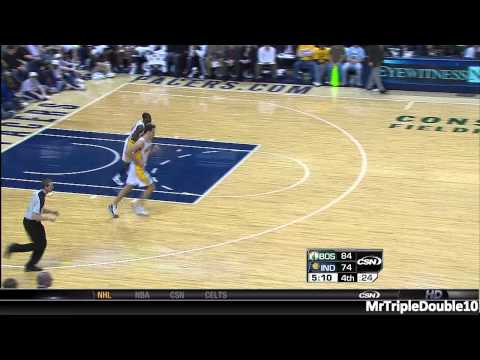Many complaints, and a lawsuit, have been thrown towards the Ultimate Fighting Championships (UFC) for their disclosed fighter salaries. The gripes are at an all-time high now that the Reebok sponsorships have erased previous fight-night sponsorships for the contestants. The pay-scale that Reebok gives UFC fighters is not well understood, but can be summed up by this:
1-5 fights: $2,500
6-10 fights: $5,000
11-15 fights: $10,000
16-20 fights: $15,000
More than 21 fights: $20,000
Title challenger: $30,000
Champion: $40,000
The UFC credits fighters for all contests under the Strikeforce and WEC banners when calculating these sponsorships. However, it’s important to note that fighters are not binded in any type of exclusive deal with Reebok. They still own the right to contract with any other potential sponsors, including clothing sponsors. As one example, middleweight champion Chris Weidman is still endorsed by MMA clothing sponsor Bad Boy MMA. This structure is similar to how other major sports conduct their endorsement deals. For instance, the NBA worked out a uniform deal with adidas but players such as LeBron James and Stephen Curry were still free to make hundreds of millions of dollars from Nike and Under Armour respectively. With some effort, star fighters will be able to make even more money with the Reebok deal in place.
To the point of the much maligned disclosed fighter salaries, fans and fighters alike have been complaining about the show and win money pay that the UFC allots. However, such is the way with a sport that is still in its growing stages. The UFC is not a highly profitable company and chooses to reinvest the majority of its revenue to grow the company. There is no real life scenario where President Dana White is taking home the lion’s share of the profits.
In the early days of the NBA, legends and pioneers such as Magic Johnson were paid under a tenth of what stars in the now-established NBA are making today. The stars of the UFC today are still in that stage, where the promotion needs to grow as a brand and drive the margins up. Such is the cost of supply and demand. There are thousands of fighters who dream of cracking into the UFC, which gives the company no incentive to drive their bottom line even further down by increasing fighter salaries.
As for sporting fans in general, they seemingly can never be appeased by athlete pay. Look at any comment thread about new NFL and NBA contracts, and fans will gripe about the massive salaries. They will complain about how school teachers and policemen should be paid comparably to these athletes (true, but this is an incomplete analysis of simple supply and demand), and then they will assert that fans are the ones who will foot the cost of the salaries in the form of increased ticket prices and increased advertising (both points are also true). MMA fans complain now about the greed of Dana White and the UFC as a whole, but when the PPV prices increase and the UFC spams endorsements, the complaints from the fans will only get louder.
In summation, MMA is still a rising industry. There is no sanity in assertions that MMA fighters should be paid in the same realm as boxers, basketball players, and football players. Without a doubt, fighter pay will increase over time, but not when the UFC is trying to establish a firm international fanbase for decades to come.
Add The Sports Daily to your Google News Feed!
